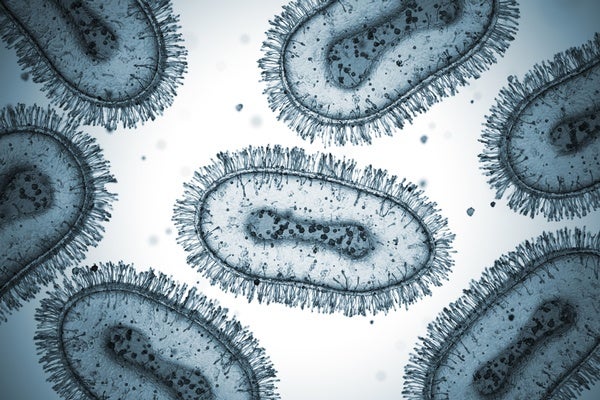 |
| June 23, 2022 |
 |
| |
| |
| |
| |
| |
| |
| |
| |
| |
| |
| |
FROM THE STORE
 | | Extraterrestrials and the Search for Life Do aliens exist? The enduring mystery of whether we're alone in the universe is a question that continues to drive scientific study into groundbreaking directions. This collection examines the latest thinking in the search for life, from discussing why we haven't found evidence of aliens so far to determining where and how to conduct the search to opening up the possibilities for what otherworldly life could truly look like. |  | | |
FROM THE ARCHIVE
 | | | |
LATEST ISSUES
 |
| |
| Questions? Comments?  | |
| Download the Scientific American App |
| |
| |




